Muslims and Tolerance: Non-Muslim Minorities under Shariah in Indonesia
by Silkworm BooksPramono U. Tanthowi
Indonesia’s Reformasi era ushered in a new atmosphere of political openness, and among the ideas now being discussed is the implementation of Islamic law or shariah. Pramono U. Tanthowi begins with the question, “Does Islam tolerate non-Muslim minorities?” considering it from historical, political, and religious perspectives within the Indonesian context. Although the central government has not instituted Islamic law nationally, the local government of Cianjur regency in Sunda (West Java) has adopted certain aspects. Using Cianjur as a case study, Tanthowi surveys the views of non-Muslims on shariah as it has been applied over the last several years.
is the author of Kebangkitan Politik Kaum Santri: Islam dan Demokratisasi di Indonesia 1990–2000 [The Resurgence of Muslim Politics: Islam and Democratization in Indonesia, 1990–2000]. He served as executive director of the Center for the Study of Religion and Civilization, Central Board of Muhammadiyah, as political advisor to the deputy chair of the Indonesian parliament, and as project officer of the Muhammadiyah Institute for Good Governance and Anti-Corruption Program. Since 2006 he has been studying political science at the University of Hawaii at Manoa.
The Islam in Southeast Asia: Views From Within series is the result of a research fellowship program offered by the Asian Muslim Action Network (AMAN) with the support of the Rockefeller Foundation. Grants are awarded to promising Muslim scholars in Southeast Asia for innovative research on economic, socio-political, and cultural changes taking place in their diverse communities. Written from an insider’s perspective, the publications promote a wider understanding of the role of Islam in Southeast Asia.

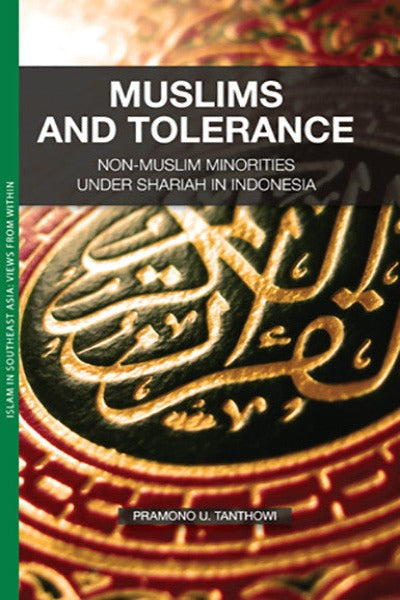
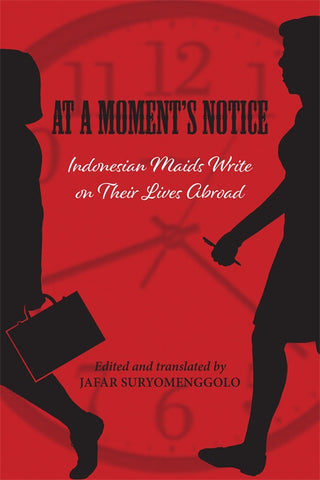
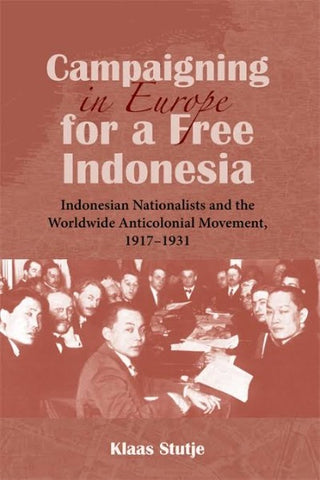
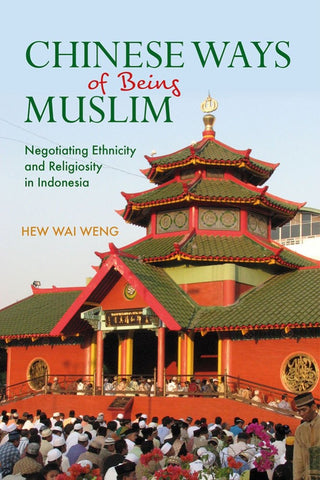
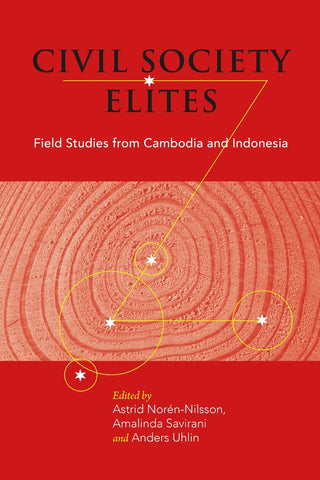
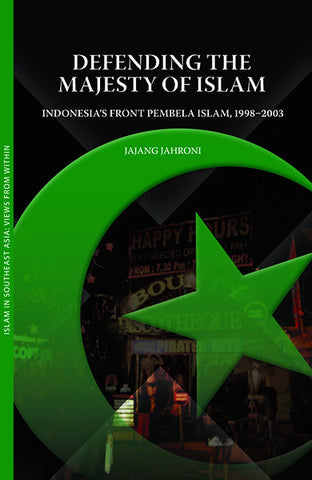
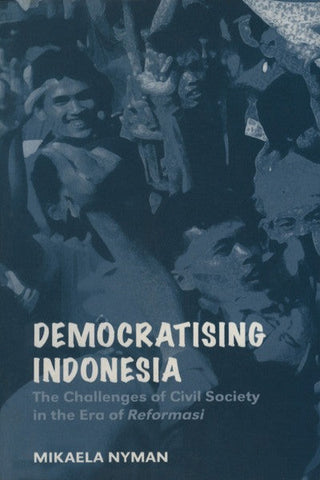
Share this item: